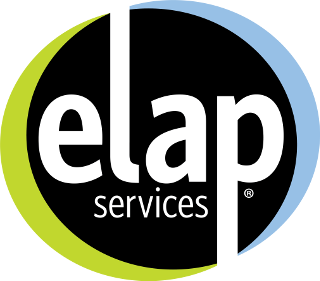In the competitive reference-based pricing (RBP) industry, all it takes is a slight lift of the second digit and it’s done. Finger, pointed. Target, tarnished. Doubt, cast. For those trying to poke holes in the “pay and defend” model, the phrase “scorched earth” is an overused undercut that’s rooted in fear rather than fact. Frankly, the idea that you can simply negotiate away all provider challenges is, at best, naïve.
In fact, the origins of the RBP movement can be traced back to three core principles: (1) basic business discipline, (2) a respect for the employee financial contribution and (3) a righteous indignation that employers have a right to understand what they’re paying for in a system that is failing them. Is supporting employers to purchase healthcare the same way they purchase everything else “scorched earth,” or good business that sows seeds of positive change for the future?
Employers have their backs against the wall in the face of continually spiking healthcare costs that are threatening their existence. The recent RAND Study reported that, on average, private employer-sponsored health plans are paying hospitals 241% of Medicare, and in some cases, as much as 311%. Nationwide, the prevalence of inflated and variable pricing — pay $500 or $5,000 for a CT scan? $3,000 or $15,000 for childbirth? — has a far-reaching impact that is steadily weakening the economy and eroding the standard of living.
The people paying for healthcare — employers and their employees — are the ones finishing last. Above all else, they are the reason why it’s critical for RBP solutions to take a firm approach and employ sound practices that put them first. Here’s what that looks like:
Member advocacy and representation, fortified by caring and compassion.
With the average employee responsible for $5,000 in out-of-pocket costs on a salary of about $15/hour, they’re behind before they even get started. Medical debt is a national epidemic and families are deferring care. There are innumerable news stories of people who are suffering. How much longer can we pretend that no one is hurt by healthcare costs?
Legal defense and support, unencumbered by financial caps or time limits.
No matter how rosy the picture is painted, no RBP solution is all gain and no pain. In practice, bumps in the road are inevitable but manageable with a proactive and deeply knowledgeable legal strategy. Legal defense is a reality — is having an incisive approach that delivers peace of mind and helps to prevent costly surprises taking a hard line, or setting the bar high?
Co-fiduciary status, where client plan assets are treated and protected as our own.
Employers who are implementing RBP will benefit from having a strong partner who stands with them shoulder-to-shoulder. Acting as co-fiduciary and with strong fiscal responsibility equates to acting in the best interest of the plan. Is standing by your clients when the rubber hits the road a bad thing, or doing the right thing?
Having strong convictions in an effort to make healthcare fair makes for an easy target. Providers are struggling within the same chaos, and can also be victims of the broken system, so it’s no surprise that they push back. But at the end of the day, the mid-sized employers and their workforce are paying the biggest price, and that’s why advocating for them is paramount.
Yes, we’re saying the current state of healthcare is unacceptable, and we stand firm in the belief that there’s a better way. But yes, we also keep our door open to equitable agreements with health systems to improve affordable access to quality care. Hundreds of courageous employers and HR leaders, and thousands of employees and their families are benefiting from this approach.
You decide. Scorched earth, or fertile soil for a new way of doing healthcare in our country?
Blog
Explore the latest insights, articles and thought leadership from the health insurance experts at ELAP Services.








